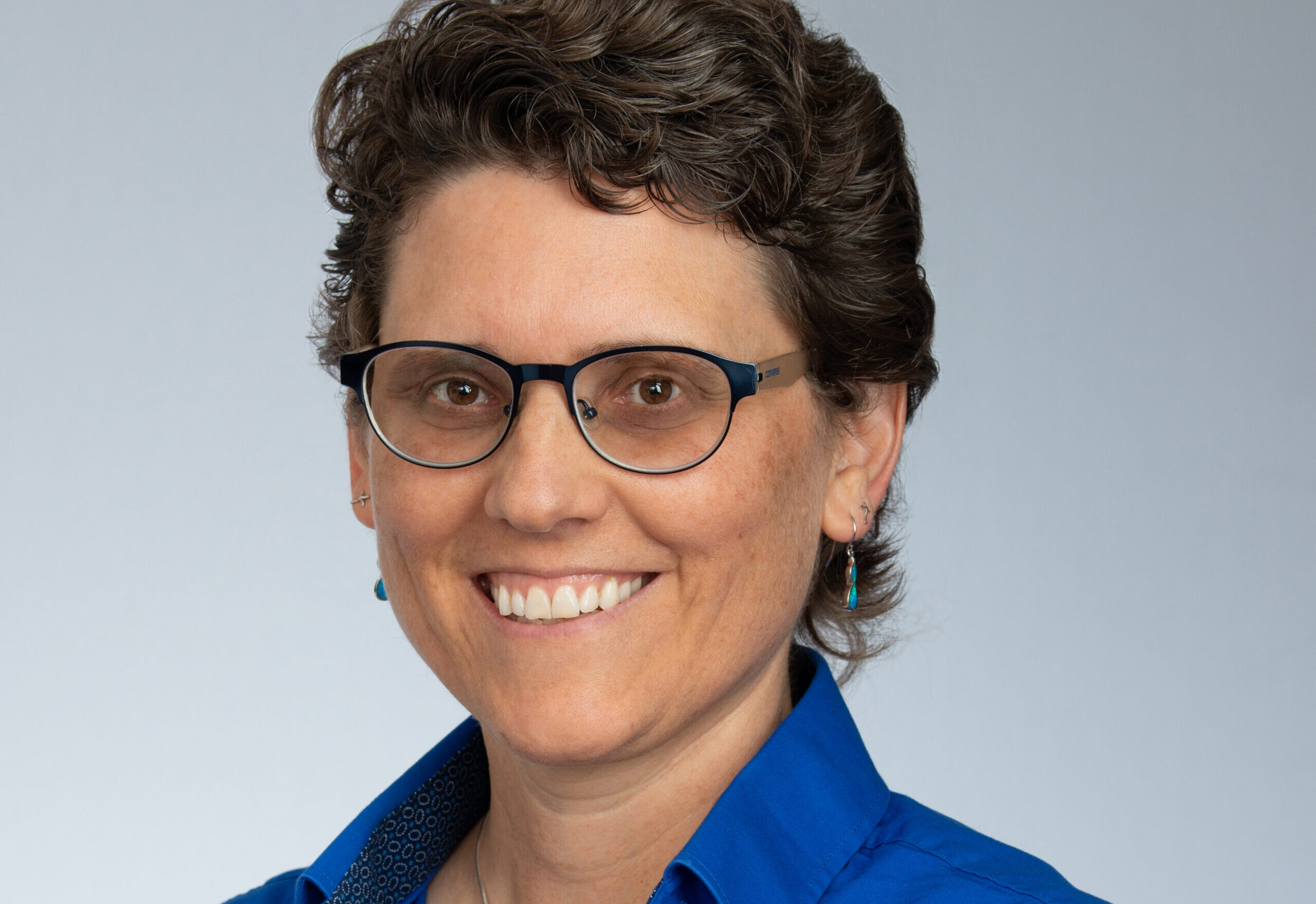
For many, the new year is a time for fresh starts and new beginnings. It’s quite common for people to set new goals and resolutions at the start of a year. Behind exercising more and losing weight are almost always goals around money. Often these goals include saving more and spending less this coming year.
As we all know, the problem with most New Year’s resolutions is that the vast majority fail. While we all know the statistics, there are certain things you can do to improve your odds of sticking to your resolutions in 2023.
The first is not biting off more than you can chew. The second is focusing more on building strong, positive habits rather than on achieving the end result. We’re a couple of weeks into 2023, but there is still time to get back on track with your goals or recalibrate what you want to accomplish this coming year.
Focus on Action, Not Results
A common pitfall when it comes to accomplishing goals is that we often set a goal of achieving certain results rather than performing certain actions. In one of my favorite books, Atomic Habits , James Clear extensively discusses that the biggest factor in achieving goals is changing your habits. The incredibly small – atomic, if you will – habits that we do every day are what put us on the path to achieving our goals or not. It’s not the big actions we take but the numerous small ones that add up to make a difference.
Financial advisors always tout the benefits of compound interest. A little growth, compounded over a long time, creates massive results. This concept can be carried over to our daily lives as well. Little improvements made daily have a similar compound effect.
James talks extensively about how much of what we do every day is subconscious. We run on autopilot as we get up, get dressed, choose what to eat, go to work, and do our daily tasks. Often, there is very little conscious thinking involved. Instead, we are pre-programmed by our habits. If we can change our habits, we can change the direction we are going.
Biting off a big chunk in one day is far less impactful than just showing up every day. Taking small steps and engraining the habit are what’s key. This is why altering our resolutions from results to actions is much more impactful. For instance, if your goal is to lose 15 pounds this year, changing the goal to exercising for five minutes each day can lead to better results. Will exercising five minutes a day change your health? Probably only marginally. However, if you exercise every day, even if it’s only for five minutes, you’re forming a new habit that emphasizes exercise on a daily basis. This may start at only five minutes, but once the habit is formed, it’s much easier to increase the duration. Choosing to be a person who exercises every day is far more impactful over time than biting off more than you can chew, going to the gym for an hour five days a week, and only staying committed for a month.
Forming Better Financial Habits in the New Year
Forming new habits is hard. Based on research, it can take on average up to 66 days to form a new habit. However, this time frame can vary wildly depending on a person’s behavior and individual circumstances. Something James mentions in his book is that every action we take is a vote for the person we want to be. The votes we accumulate provide evidence of who we are. So if we want to be someone who exercises, even if that means only a few minutes on a given day, carving out those precious minutes and instilling the habit ensures there are votes in our favor.
Another tip from his book for maintaining habits is that if James misses a habit one day, he makes sure it doesn’t happen two days in a row. One missed day is a misstep, and that happens. But two days is a trend. Understanding we’re human and imperfect allows us to give ourselves some grace when we falter. But committing to not miss two days in a row will not only reduce the time it takes to instill a habit but will also help ensure that once a new positive habit is formed, you don’t lose it over time.
Lastly, automating habits, or taking steps to make them incredibly easy to do, will increase the likelihood of maintaining the new, positive habits you’re trying to form. This can be something as simple as electing to increase your 401(k) contributions from your paycheck every year. This way, you don’t have to manually adjust your savings; it is done for you automatically. Another example would be to leave a fruit bowl out on your kitchen table. This way you see fruit whenever you’re in the kitchen. This makes it much more likely you will opt for a healthy snack than if the fruit were tucked away somewhere not as obvious.
Maintaining the Motivation
Motivation is overrated. It’s fickle. To quote one of my favorite lines from Atomic Habits, “You do not rise to the level of your goals. You fall to the level of your systems.” Motivation will wane. Goals will only inspire for so long. Life will get in the way. But if you have solid systems in place, strong habits that you formed day in and day out, that is what will keep you on track to reaching what you want.
Too often people give up when they aren’t seeing progress or if once-rapid progress has stalled. It’s the art of showing up and maintaining those strong habits when things get tough that leads to real progress.
An example that James gives in his book is the idea of melting an ice cube. We want to make a positive change in our lives, so we start taking action. If the temperature of the freezer is 26 degrees and we raise it to 30, we won’t see any change to the ice cube. Progress has been made, but we don’t see the results yet. This is when many people give up on their goals. But if we keep going and we raise the temperature to 33 degrees, that’s when the ice cube will start to melt. If we had stopped too soon, that never would have happened.
Often, we instinctively know what is best for us. We should eat right, exercise, and save for retirement. But when we don’t see progress right away, it becomes easy to stop. We undervalue the compounding effects of positive action. However, if we maintain our positive habits, the compounding effects can be astronomical.
Reading 10 pages of a book a day may not seem like much, but that’s 3,650 pages a year. That’s likely more than a dozen books. Replacing a candy bar with an apple won’t change the scale today, but you’ll consume significantly fewer calories over the course of a year. You probably won’t notice saving an extra $100 a month in your 401(k), but over the course of your career, the compounding returns can have a monumental impact on your retirement.
Don’t undervalue small positive actions. And don’t stop your positive habits when you aren’t noticing any progress yet. Many times you won’t notice anything day to day, but real, meaningful progress is being made behind the scenes.
Summary
Forming positive habits is one of the best things you can do for your health, career, relationships, and finances. Although most of our daily actions seem small, don’t underestimate the power of compounding and how these little actions significantly add up over time.
Whether this is automating additional savings each month, sticking to a shopping list, or starting a budget, there are many positive financial habits you can start this year. Don’t rely on motivation, because that will wane. Rely on creating strong habits and sound systems to guide you where you want to go.
For more information on forming better habits, you can check out James’ book, Atomic Habits , or subscribe to his newsletter . If you need help with your financial planning, please reach out to our team .
This is not to be considered tax or financial advice. Please review your personal situation with your tax and/or financial advisor. All advisors at Milestone Financial Planning, LLC, a fee-only financial planning firm in Bedford, NH. Milestone work with clients on a long-term, ongoing basis. Our fees are based on the assets that we manage and may include an annual financial planning subscription fee. Clients receive financial planning, tax planning, retirement planning, and investment management services, and have unlimited access to our advisors. We receive no commissions or referral fees. We put our clients’ interests first. If you need assistance with your investments or financial planning, please reach out to one of our fee-only advisors .



